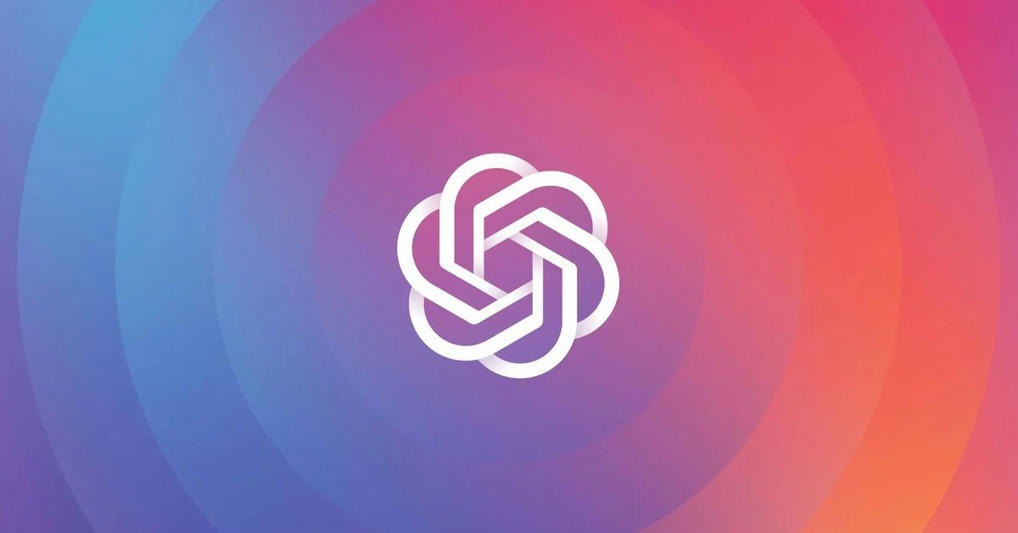
The metaverse continues to not only capture the attention of various international organizations but also attract a high amount of investment dollars and act as a catalyst for the entrepreneurship ecosystem. While some experts consider it a concept and others see it as a movement or escape, the CAGR and market size it is estimated to reach clearly signal it to be a product and a service poised to disrupt the human-computer experience as we know it. The metaverse global market, which was valued at $22.79 billion in 2021, is expected to grow at a compound annual growth rate (CAGR) of 39.8% from 2022 to 2030.
Learn more / En savoir plus / Mehr erfahren:
https://www.scoop.it/topic/21st-century-innovative-technologies-and-developments/?&tag=Metaverse
Read the full article at: www.forbes.com

